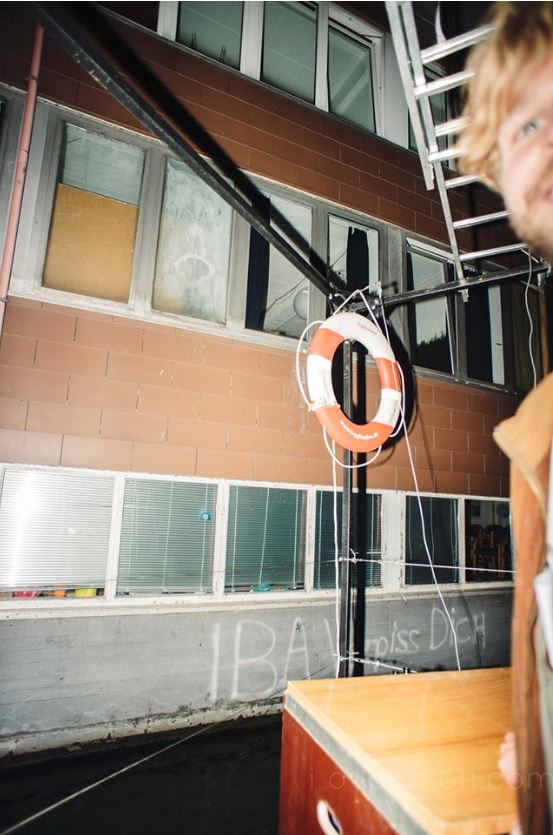
Heterotopias are those spaces, objects or places, which oppose to its primary function, role, content, meaning, and purpose, by random combination of disparate elements, objects, activities and people. They take those that are in it or those that look at it, to a completely new and different experience in relation to the primary meaning. Heterotopias exist in every culture and civilization; unlike utopias - they are real. Heterotopias relate, and they are different of every other place that is in relation with them. They provide a space for an observer to step aside and take a wider view; By observing a system from inside heterotopias, we can learn something.
The potential of heterotopian spaces lies in confronting many points of views, experiences, and approaches.
Floating islands are perfect examples of heterotopias. They are situated on water, which connects them to all other boats, islands, and coasts. They can float from one place to another, and they relate to all the places surrounding the water.
“Brothels and colonies are two extreme types of heterotopia, and if we think, after all, that the boat is a floating piece of space, a place without a place, that exists by itself, that is closed in on itself and at the same time is given over to the infinity of the sea and that, from port to port, from tack to tack, from brothel to brothel, it goes as far as the colonies in search of the most precious treasures they conceal in their gardens, you will understand why the boat has […] been the greatest reserve of the
imagination. The ship is the heterotopia par excellence. In civilizations without boats, dreams dry up […].” (M. Foucault, Of Other Spaces)
Das Archipel’s fragility will not allow its community to break under the pressures of neoliberal developments. It will remain different, alternative, and separate, and it will provide space for a growing community. It’s our plan B.